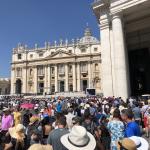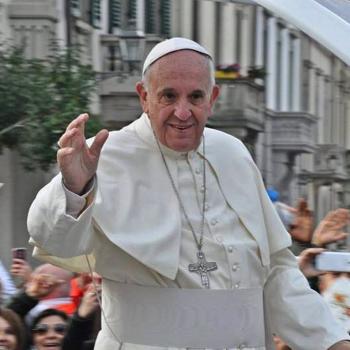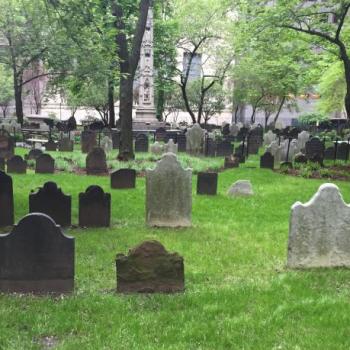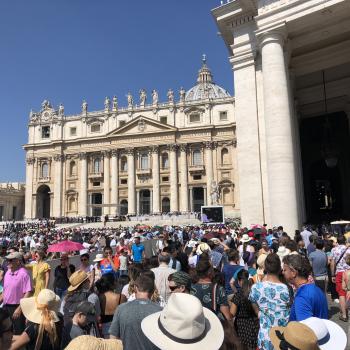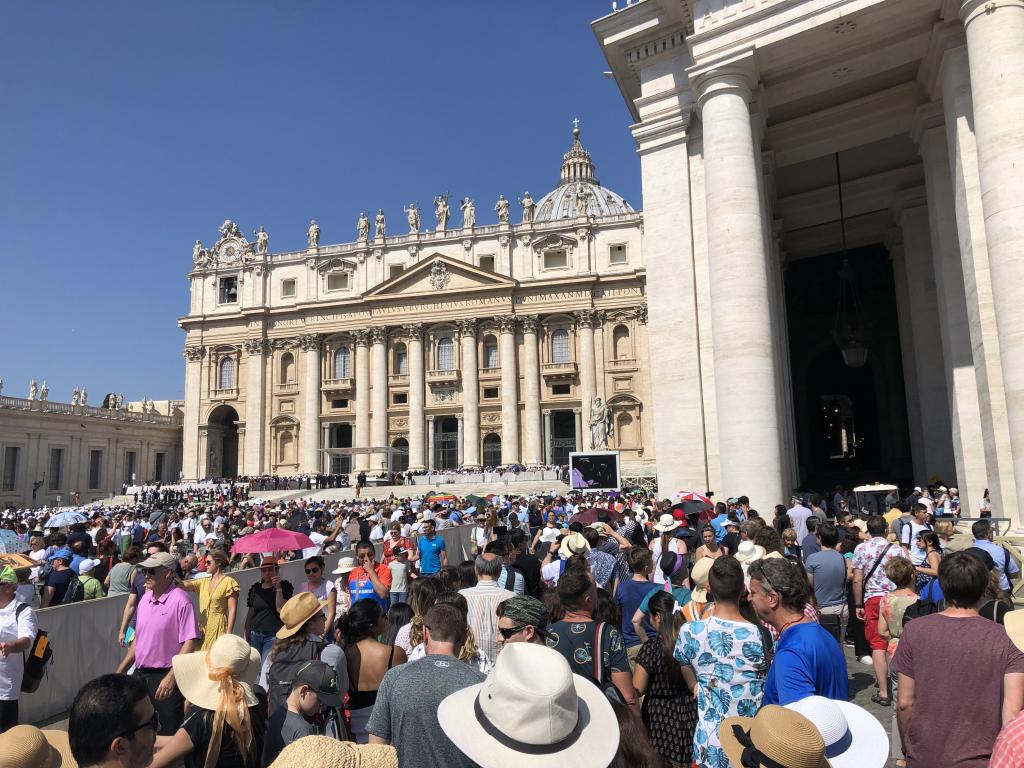
A follow-up from my prior post, again referencing James Martin’s article:
Now, I cannot speak for my fellow synod members, but I doubt that any members wish to change the essentials of the faith. (I don’t.) But anyone who knows any church history also knows that church teaching has developed dramatically on a variety of topics, including slavery, women’s roles, ecumenical relations, the liturgy, limbo, capital punishment and so on. As Pope Francis said in a conversation with Portuguese Jesuits during World Youth Day, “doctrine also progresses, expands and consolidates with time and becomes firmer, but is always progressing.”
Let’s remember this:
The pope is not an economist. The pope is not a scientist. The pope is not an expert in sociology or psychology. The pope is charged with safeguarding the universal truths of the Catholic Church, but cannot be expected to be an expert in applying those truths to particular economic situations or particular forecasts of future technological impacts.
When a pope speaks on immigration, he can apply universal moral truths to the situation as best as he is able. But he cannot claim to be an expert on how mass migration from one country to another affects the well-being of people in those countries, in the way that an economist (for example) can, nor can he discern the differences between one situation and another. The Holy Spirit does not give people special knowledge in academic fields or special foreknowledge of what will happen in a given situation.
When a pope speaks on the environment, he can speak, in general, on care for creation so that generations to come do not suffer from our short-term desires for more enjoyment or comfort. But he is not an expert in technology. The Holy Spirit does not give him a special gift in the assessment of whether nuclear power really has substantial risks or whether they are overblown, or whether reprocessing fuel is a good or a bad idea. The Holy Spirit does not enable him to predict future tech developments, etc.
When a pope speaks on labor unions, again, we cannot expect him to understand the particulars of any given country. For example, should he know that in many states in the United States, public sector labor unions’ primary way of winning generous contracts is not by negotiation and threat of strikes but by plowing their funds into elections? Should he know that the Big 3 automakers in the United States in the 60s and 70s acceded to generous contract demands and found themselves unable to compete with Japan in the 80s? No.
And — I have the feeling I’ve addressed this before but let’s take Martin’s examples. Some are fairly clear.
Slavery: it’s important to recognize that church doctrine on slavery developed as an (admittedly delayed) reaction to slavery itself changing. Slavery in ancient Rome, and serfdom in the European Middle Ages was something quite different than chattel slavery as it developed in the New World.
Usury: the prohibit on interest came from a time and place when charging interest meant people being mired in debt-servitude from which they could never escape. As interest became a part of a “normal” functioning economic system, prohibitions ended.
Capital punishment: honestly, I think the pope has gone too far, in making the declaration that capital punishment is no longer acceptable anywhere, for all time, going forward. No, I don’t think we will head into some future zombie apocalypse, but it is presumptuous for the pope to have such certitude about the future.
What about limbo? A quick google search tells me that there was never a single “official” church teaching on what happens to the unbaptized, especially unbaptized babies, but rather, there was a diversity of opinion even among the Church Fathers and medieval theologians, but that this was all perceived of as speculation.
As to ecumenical relations, well, that’s probably the one item where I don’t have a solid enough knowledge to say, “yes, church doctrine changed” or “no it didn’t” (without resorting to a “no True Scotsman” approach of “it wasn’t really doctrine if it changed”).
Women’s roles? Not sure what church teaching he is referencing here, because last I knew, “women should stay at home with the children” was hardly a “church teaching”!
And “the liturgy”? Again, this isn’t “church teaching” — it’s just the way we worship.
So to me it is quite reasonable to be concerned about Martin, Cupich, and the Pope himself aggressively promoting the idea of doctrine “developing,” since the objective really seems to be moving beyond “changes happen in response to a changed environment” to “doctrine is whatever the Pope says it is.” And when I made my profession of faith, it was to “all that the holy Catholic Church believes, teaches, and proclaims to be revealed by God.” I did not profess to believe in a single man, the Pope and his successors, as the determiner of what I might be called on to believe in the future, nor did I sign on to changing my beliefs at whatever point in the future any pope or bishop might have a better idea, least of all if he thinks a change in doctrine will better fill pews and coffers.


